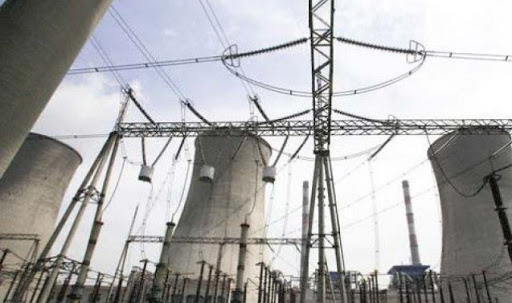The Senate Standing Committee on Power has requested comprehensive documentation of Independent Power Producers (IPPs) agreements dating back to 1994. This includes details of sponsors, changes in agreements over time, heat rates, and prices compared to regional agreements during the same period.
The committee, led by Senator Mohsin Aziz, held its first meeting on July 12, 2024, with approved minutes released on August 1. The Power Division is expected to provide the required information before the next meeting.
Senator Aziz emphasised the urgency of addressing the current energy crisis, citing issues such as load-shedding, excessive billing, high tariffs, electricity theft, idle capacity payments, and overall mismanagement. He stressed that the power sector’s challenges have become a matter of national security and emergency, impacting both households and industries.
Aziz highlighted that the committee would scrutinise the agreements of private sector IPPs, which have unfavorable terms affecting the people of Pakistan. He also mentioned the possibility of forming a sub-committee for a more focused investigation into IPPs.
Senator Shibli Faraz raised concerns about the non-appointment of a regular Managing Director for the National Transmission and Dispatch Company (NTDC). The Minister for Power acknowledged this issue, attributing the delay to court cases but assured that an appointment would be made within a month. The minister admitted NTDC’s structural weaknesses and noted ongoing efforts to address them.
The power minister identified 23 fault lines in the power sector and plans to share these with the committee along with proposed solutions. He acknowledged past planning failures, particularly in accurately forecasting electricity demand, and the financial strain caused by capacity payments due to currency devaluation.
The committee directed the compilation and provision of detailed information on various aspects, including original agreements with IPPs from 1992 onward, with comparative analysis of prices for similar plants in the region; energy purchase rates in other developing countries at that time; capacity payments made to power plants over the last 20 years and reasons for such payments; technical faults in power plants over the last 20 years; sponsors of each privately established power plant; agreements of wind power plants established in the last six years, with details of rates and costs; current IPP agreements with all changes over time and details of Return on Investment (RoI) and Return on Equity (RoE) for each project; Power Policies in force over different periods; and heat efficiency of IPPs, current efficiency levels, and best global efficiency standards.




